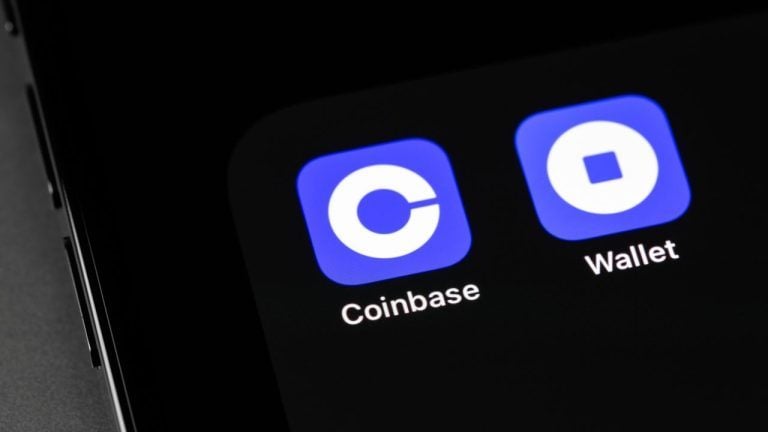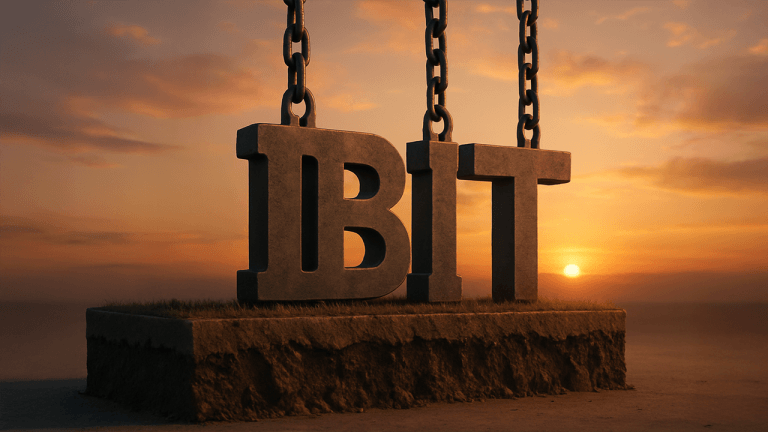Summary
Decentralized storage refers to the use of distributed networks and technologies to store and manage data in a decentralized and secure way. The goal of decentralized storage is to provide a more secure, reliable, and private alternative to traditional centralized storage solutions.
In decentralized storage, data is broken up into smaller pieces and distributed across a network of storage providers, rather than being stored on a centralized server. This reduces the risk of data breaches and makes it more difficult for hackers to access or corrupt the data. Decentralized storage solutions also offer greater privacy and control for users, as they do not have to rely on third-party companies to store and manage their data. Additionally, decentralized storage can also be more cost-effective as users can rent out their unused storage space to others.
Decentralized storage platforms are often built on blockchain technology, which provides a secure and transparent way of managing data. Some decentralized storage platforms use their own token, such as Filecoin (FIL), Siacoin (SC), Storj (STORJ), MaidSafeCoin (MAID), Arweave (AR) and Aragon (ANT), to incentivize users to contribute storage to the network and to pay for storage.
________________________
Privacy
Many decentralized storage platforms employ various techniques to ensure the privacy and security of stored data. One such technique is data encryption, which allows users to encrypt their data before it is stored on the blockchain. This ensures that only authorized parties with the correct encryption key can access the data. Another technique is the use of "sharding" which allows data to be broken up into smaller pieces and spread across multiple nodes on the network, making it more difficult for any one party to gain access to the entire dataset.
On top of that, many decentralized storage platforms use a form of distributed storage called IPFS (InterPlanetary File System) which allows data to be stored in a decentralized way. IPFS uses a combination of content-addressable storage and a distributed hash table to store files in a decentralized way, rather than storing them on a centralized server.
Side note: many web 3 sites are stored on IPFS
Note: There is no 100% in security. Even the best physical lock in the world has been cracked under 2 minutes. So physical and digital, there is always a level of risk.
____________________________
Decentralized storage & crypto
The following is a few coins and what they do. Note I highly recommend doing a bit of research before investing or using one of these.
- Filecoin (FIL) is a cryptocurrency and decentralized storage network that allows users to store and retrieve data in a decentralized and secure way. The network uses a form of distributed storage called IPFS (InterPlanetary File System) that allows users to break up files and store them across a decentralized network of storage providers. The FIL token is used to incentivize the storage, retrieval and usage of the network. Filecoin is a decentralized, open-source protocol that enables a data storage market in which anyone can participate.
- Ocean Protocol (OCEAN) is a decentralized data exchange platform that allows individuals and organizations to share and monetize data in a secure and private way. The OCEAN token is used to govern the platform and pay for data access and storage.
- Skale Network (SKL) is a decentralized storage network that uses a form of distributed storage called "Skale Chain" that allows for high-performance, low-latency, and low-cost data storage and retrieval. The network is secured by the native token SKL.
- Band Protocol (BAND) is a decentralized oracle platform that allows smart contracts to securely access off-chain data. Band Protocol also allows for decentralized storage solutions, and the BAND token is used to govern the platform.
- Siacoin (SC) is a decentralized storage platform that allows users to rent out their unused storage space to others in exchange for Siacoin. The Siacoin network uses a form of distributed storage called "Sia" which is similar to IPFS.
- Storj (STORJ) is another decentralized storage platform that allows users to rent out their unused storage space to others in exchange for Storj tokens. The Storj network uses a form of distributed storage called "Tardigrade" that is also similar to IPFS.
- Arweave (AR) is a decentralized data storage network that utilizes a new data storage method called "blockweave" which allows data to be stored in a permanent and tamper-proof way. The network is secured by the native token called AR.
- Aragon (ANT) is a decentralized governance platform that allows users to create and manage decentralized autonomous organizations (DAOs). One of the features of Aragon is the ability to create decentralized storage solutions, and the ANT token is used to govern the platform.
There is many many many more. But note FIL is one of the more well known ones.
___________________________________________________
Decentralized Storage vs Normal Storage like AWS
Decentralized storage networks are not controlled by any single entity or organization. Instead, they are run on a decentralized network of nodes that are owned and operated by individuals and organizations all over the world. This allows for greater security and resilience, as there is no single point of failure. Decentralized storage networks typically use a token-based system to incentivize users to contribute storage to the network. For example, users who contribute storage to the Filecoin network are rewarded with FIL tokens, which can be traded on the open market.
Decentralized storage networks can be more secure than centralized storage solutions, as data is distributed across a large number of nodes and is not stored in a single location. Additionally, decentralized storage networks often use encryption and other security measures to protect user data. Decentralized storage networks can be more cost-effective than centralized storage solutions, as users can rent out their unused storage space rather than having to build and maintain their own storage infrastructure.
Decentralized storage networks can provide more privacy and anonymity than centralized storage solutions. As data is distributed and stored across a large number of nodes, it is more difficult for any one organization or individual to access or control user data.
Note it is possible to use this for personal cloud. For example photos and what not. Decentralized storage networks can be more reliable than home computers or NAS, but it's important to consider the network's uptime and availability, as well as the performance of the network.
But note you are trading off the ability to be the only one controlling the data. Like a personal NAS not connected to the internet is far more secure than other options.
For a plug-and-play solution for home users there is a few options.
- Sia-UI
- Storj Share
- FileZ
- Tardigrade: This has a simple drag-and-drop interface, it also provides a CLI tool for more advanced users.
- IPFS-Desktop
There is other options.
___________________________
Normal Storage vs Decentralized Storage
- Centralized storage solutions typically offer faster and more reliable access to data because the data is stored in a centralized location and can be accessed via a single endpoint.
- Centralized storage solutions are generally more scalable than decentralized storage solutions. This is because centralized storage providers can invest in large-scale infrastructure to handle a high volume of data, whereas decentralized storage solutions rely on the resources of individual users.
- Centralized storage providers typically have more resources and expertise to secure data and comply with regulations than individual users. They also often have security experts and incident response teams that can quickly respond to potential threats or breaches.
- Centralized storage providers generally offer better customer support and troubleshooting services than decentralized storage solutions.
- This is a tested technology. Decentralized storage is pretty new and that comes with risk in itself.
- In some cases centralized storage meets compliance while decentralized doesn't.
____________
BTW if anyone says the only thing you can do with crypto is trade. Point them to this.
[link] [comments]

You can get bonuses upto $100 FREE BONUS when you:
💰 Install these recommended apps:
💲 SocialGood - 100% Crypto Back on Everyday Shopping
💲 xPortal - The DeFi For The Next Billion
💲 CryptoTab Browser - Lightweight, fast, and ready to mine!
💰 Register on these recommended exchanges:
🟡 Binance🟡 Bitfinex🟡 Bitmart🟡 Bittrex🟡 Bitget
🟡 CoinEx🟡 Crypto.com🟡 Gate.io🟡 Huobi🟡 Kucoin.







Comments